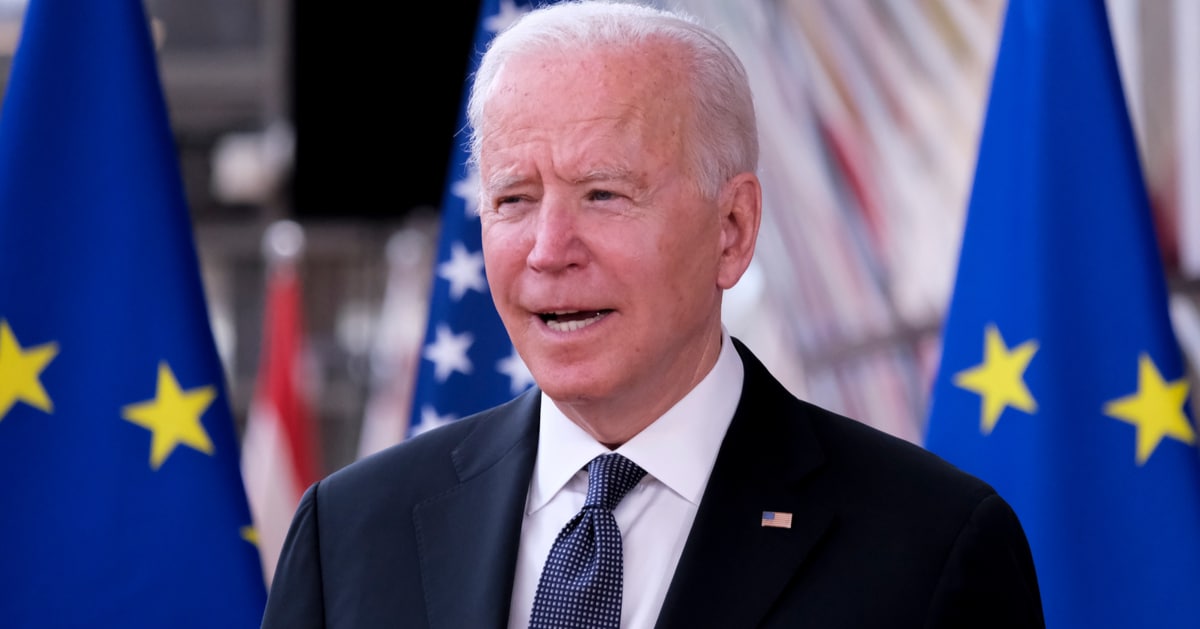


In a significant twist in former President Donald Trump's classified documents case, former officials and "democracy" groups are demanding the reassignment of Judge Aileen Cannon, citing allegations of bias in her rulings.
USA Today reported that a coalition comprising law professors, former government officials, and democracy advocates is pushing for Judge Aileen Cannon's removal from Trump's classified document case to ensure judicial impartiality.
Judge Aileen Cannon, who was appointed by Donald Trump during his presidency, is now at the center of controversy after dismissing a criminal case against him.
This case involves the alleged mishandling of classified documents. On July 15, Cannon ruled that the appointment of Special Counsel Jack Smith by US Attorney General Merrick Garland was unlawful, a decision that has raised eyebrows in legal circles.
This decision was straightforward and supported by facts and evidence and yet leftists are outraged with Cannon for not complying with the railroading of Donald Trump.
Before making headlines with her recent dismissal, Cannon had already faced criticism for her handling of the case. She had earlier issued a temporary ruling, which blocked the examination of documents seized from Trump's Florida residence, Mar-a-Lago, challenging the investigatory powers at play.
However, her initial ruling was quickly overturned by the 11th Circuit Court, which described her approach as a "radical reordering" that violated principles of separation of powers. This reversal by the appellate court underscored significant concerns about Cannon’s judicial conduct.
Despite her controversial stance, Cannon has consistently scheduled hearings that her critics describe as unnecessary, effectively delaying the legal process. These actions have drawn criticism from both sides of the political aisle, including former Republican Missouri Rep. Tom Coleman and former Republican New Jersey Governor Christine Todd Whitman.
The list of critics also features notable names like former federal Judge Nancy Gertner, and eminent law professors such as Stephen Gillers from New York University and James J. Sample from Hofstra University. It's no surprise that former officials and law figures, which happen to be overwhelmingly leftist, want Cannon gone.
In response to these perceived judicial missteps, several legal and democracy advocacy groups, including Citizens for Responsibility and Ethics in Washington (CREW) and State Democracy Defenders Action, have filed briefs urging for the reappointment of a different judge to the case.
Adding to the judicial intrigue, Supreme Court Justice Clarence Thomas expressed doubts in a July 1 ruling, which Cannon cited as part of her decision to dismiss the case. Thomas’s commentary touched on the questionable constitutional status of special counsels, mirroring some of the reasoning behind Cannon's controversial decision.
The handling of the case by Cannon has been uniquely controversial, highlighted by her approach to consider myriad theories posited by Trump’s defense team before deciding to dismiss the case. Critics argue this indicates an abnormal level of deference to the former president.
A brief from CREW highlighted the issue in stark terms: "Her rulings and other conduct create the appearance of an unshakeable conviction that subjecting a former president to ordinary criminal procedures represents an intolerable affront to his dignity," showing the stark criticism Cannon faces.
In light of these fierce debates, discussions over judicial impartiality and separation of powers are likely to influence future legal proceedings related to prominent political figures.
Meanwhile, Cannon's decision to not step down voluntarily — in spite of suggestions from peers and the swirling controversy — further complicates the case. As the legal battle continues, the judicial landscape is carefully watched by many who advocate for stringent adherence to ethical norms in the judiciary.



